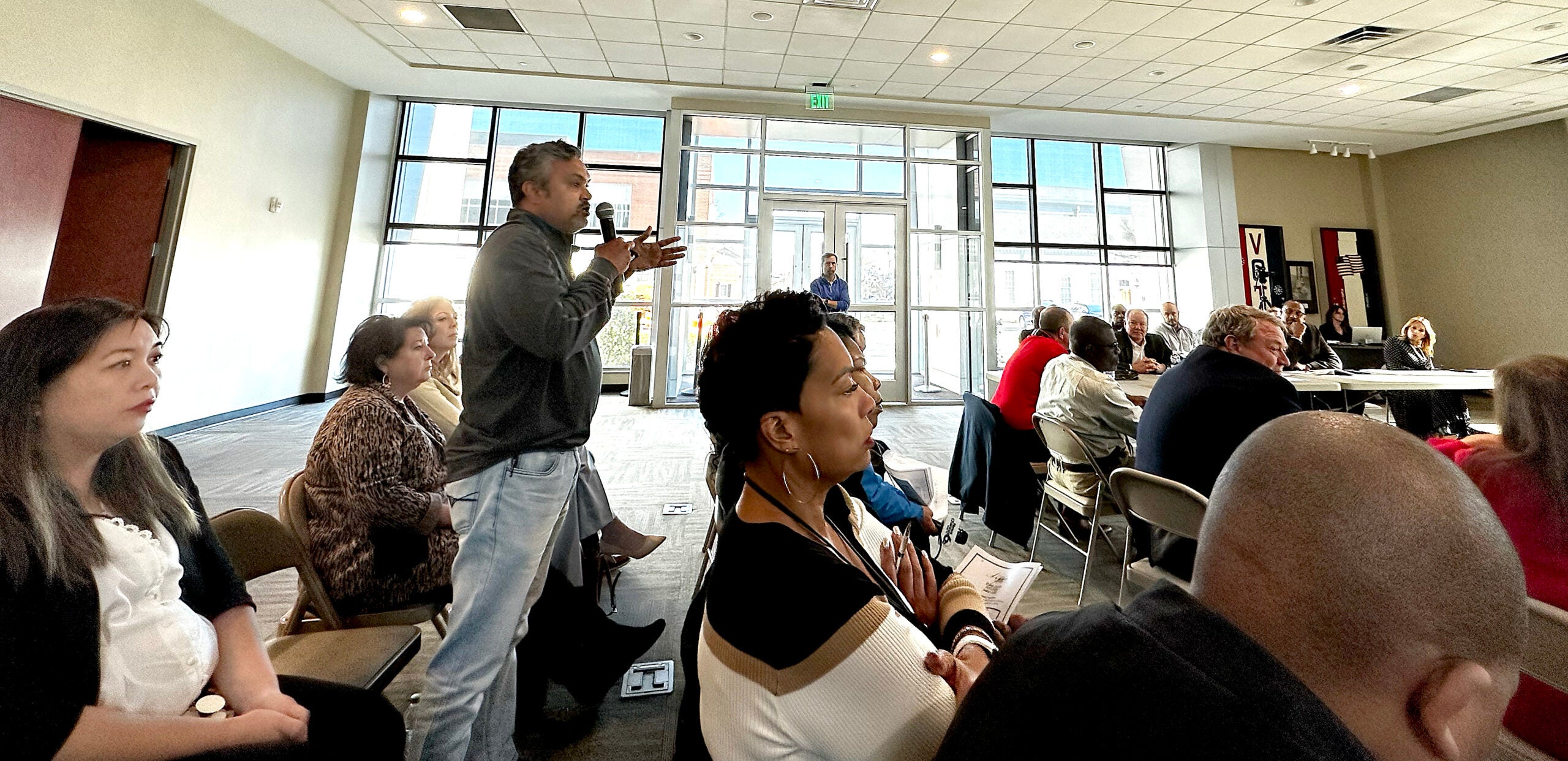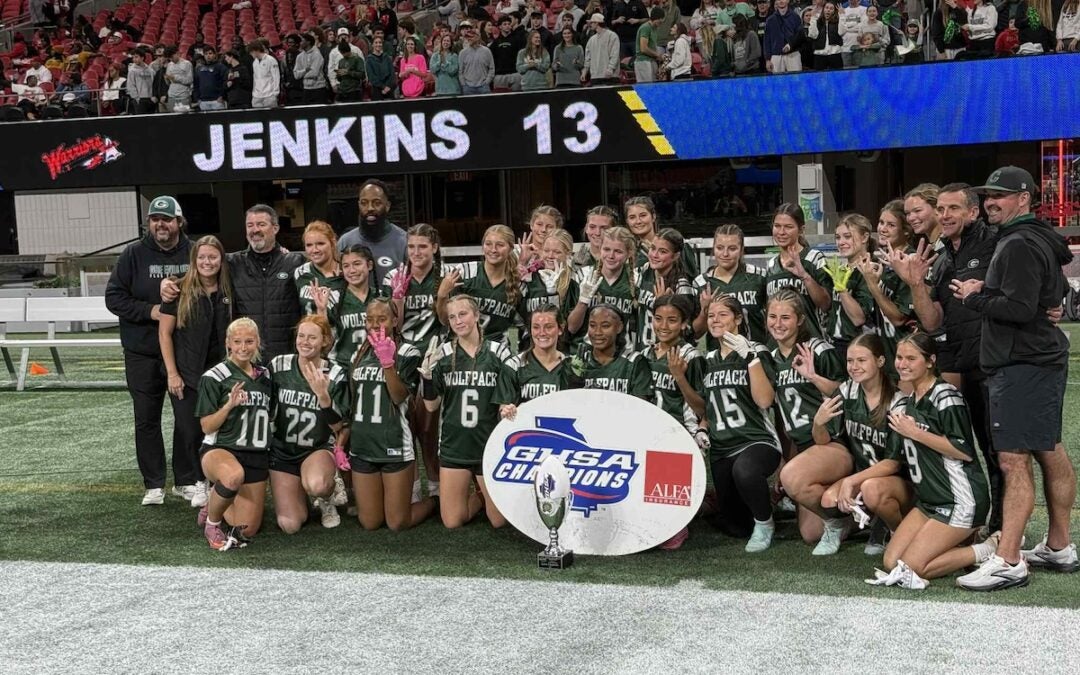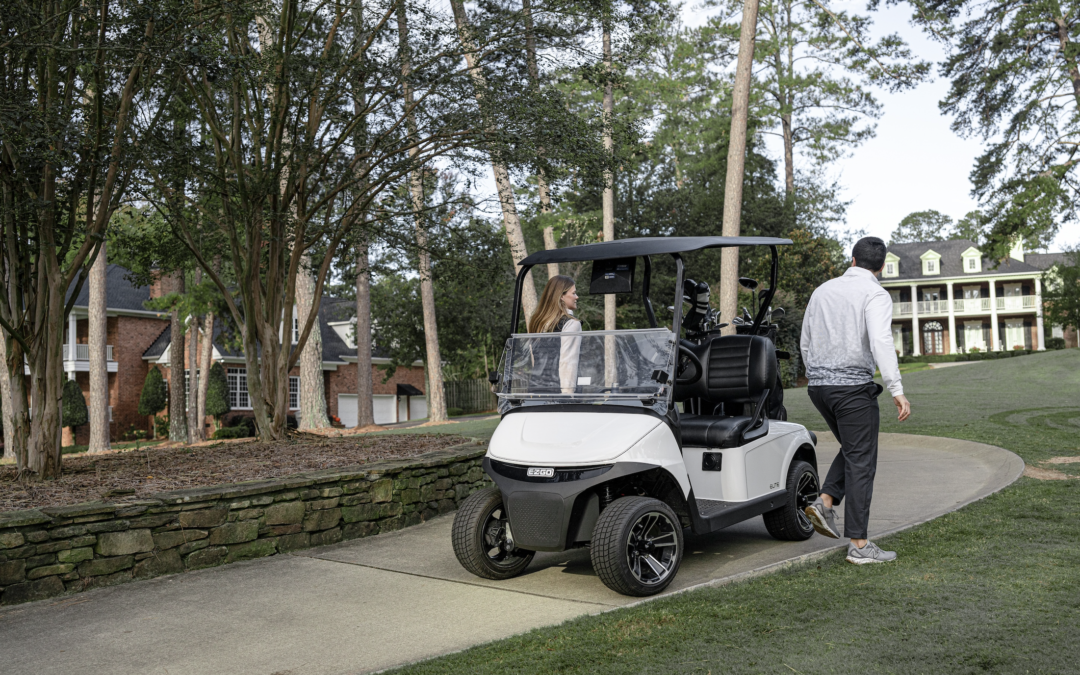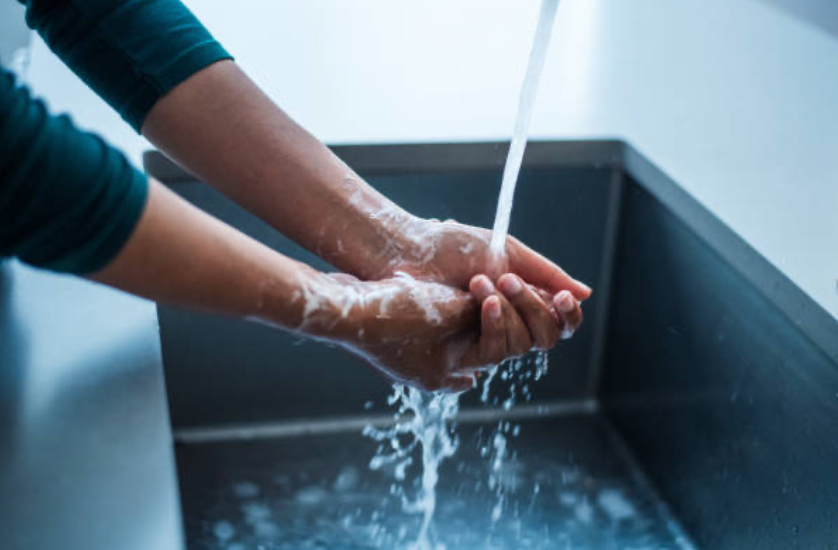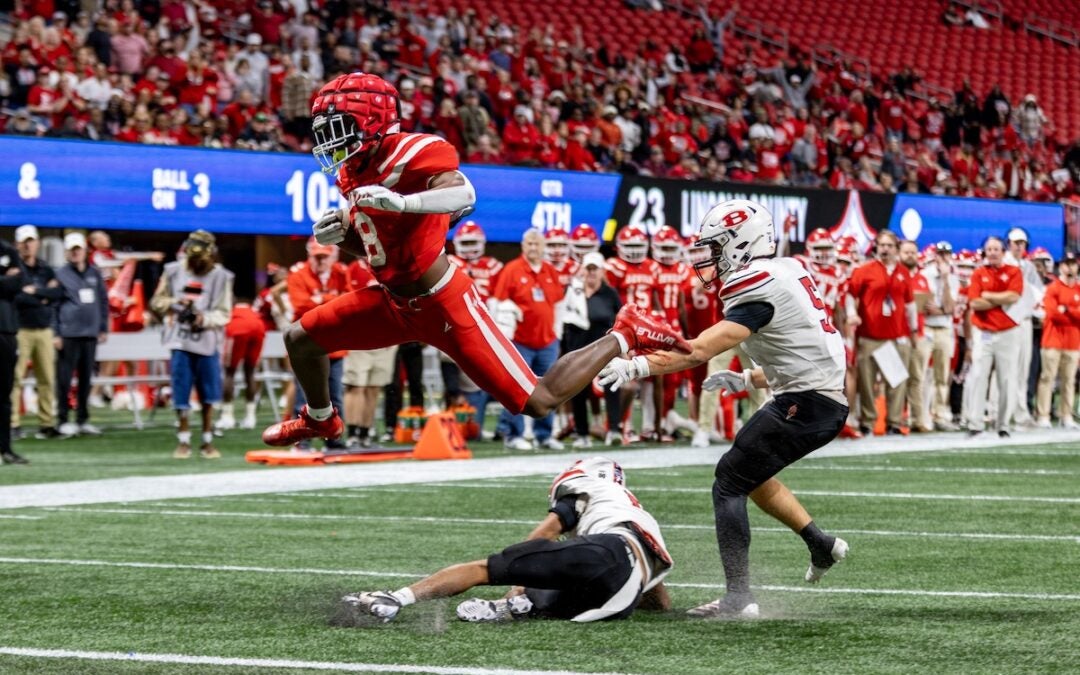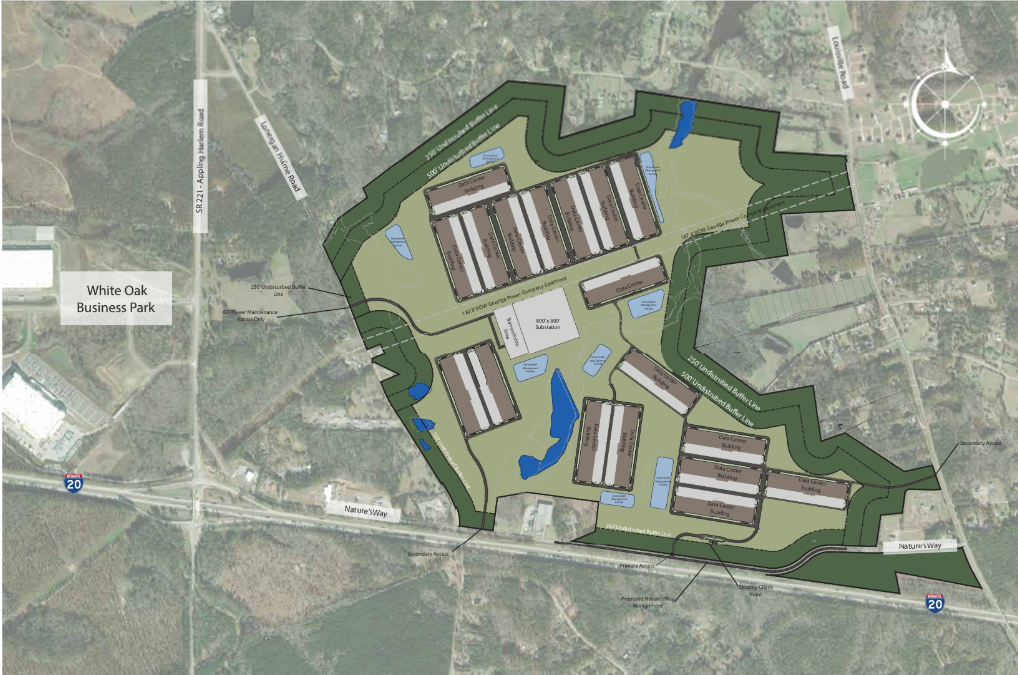Augusta’s thousands of hotel and motel rooms could be good for an extra $2 million in local revenue if officials raise the hotel-motel tax.
City and Destination Augusta officials are pushing to increase the tax from its current 6% to the maximum of 8% allowed under state law.
“This is a tax paid by visitors to the great Garden City,” Administrator Tameka Allen told commissioners at a Wednesday workshop.
The tax increase was one of three items on a short “wish list” presented to members of the local legislative delegation at the workshop.
The other asks involved 911 fees and the state reimbursement rate to house inmates.
Currently, Augusta’s 6% hotel-motel tax is divided evenly between Destination Augusta and the Augusta-Richmond County Coliseum Authority, Allen said.
Raising the tax to 8% would increase revenues from $8.2 million to $10.8 million but have limited impact on how much funding is allocated to the visitors bureau and coliseum authority, she said.
Based on the state’s 8% formula, funds for Destination Augusta would go up $680,620, from $4.1 million to $4.8 million, while coliseum authority funds would remain at $4.1 million.
The remaining $2 million, which is 37.5% of the total, would become unrestricted funds available for any general fund purpose, Allen said.
The state’s formula requires 18.75% go to tourism product development, including physical attractions such as arenas as well as capital upgrades. Up to 43.75% must be spent by a destination marketing organization – such as Destination Augusta – on tourism, conventions and trade shows.
Destination Augusta President and CEO Bennish Brown said tourism put some 26,400 Augustans to work last year while Augusta is in the minority among Georgia cities to not maximize its hotel tax rate.
Georgia cities “from Albany to Woodstock” as well as Augusta competitors Macon, Savannah and Columbus levy an 8% tax, Brown said.
Other places such as Columbia and Glynn counties, charge only 5%, according to data reported to the Georgia Department of Community Affairs.
Representatives from the Metro Augusta Chamber of Commerce and handful of area hotels attended the work session.
One hotelier spoke out, saying Augusta hotel rooms are already boosted in price by the city’s other taxes, such as its hotel transportation fee and the half-cent coliseum sales tax. The combination of charges brings total hotel room taxes far higher than guests might pay in Columbia County, he said.
Mayor Garnett Johnson appeared to support the increase, saying he saw the funds being put to good use in other cities.
“Those dollars can be greatly used throughout this community,” Johnson said.
To move forward, raising the tax requires a local act to be passed by the Georgia General Assembly.

